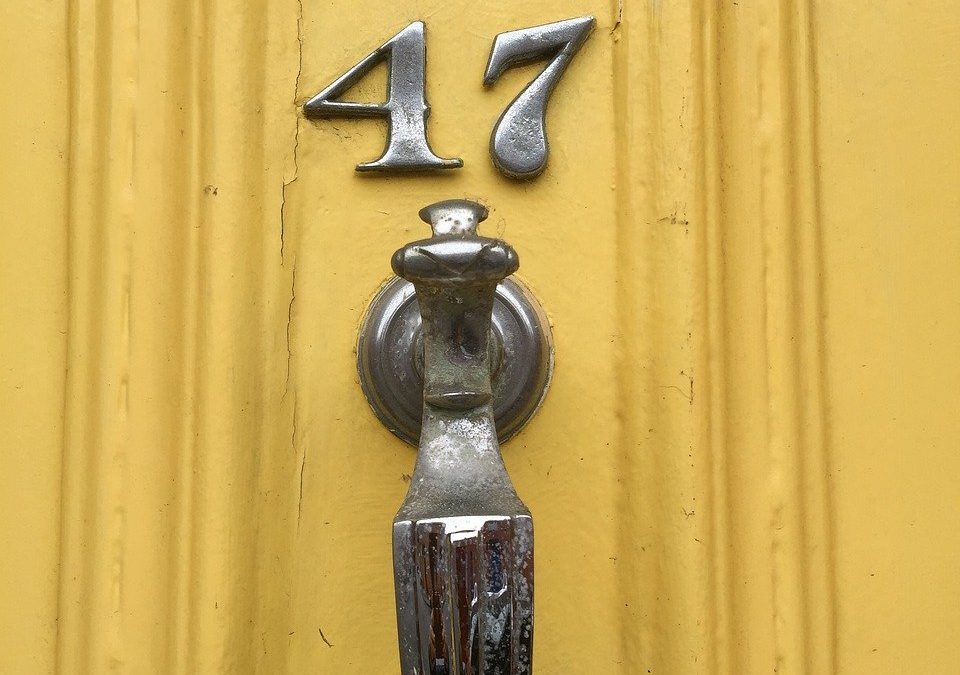In addition to our home help team we can also help with deciding what’s next, whether that’s looking at bringing in more care at home, or looking at more supported living environments such as assisted living or care homes. We’ve also made it our business to get to know a range of great people so can also signpost you to professionals who can help you with managing your finances and affairs.
If you feel you need a significant amount of care and want to remain in your own home then having a live-in carer is a great option. You can employ your own live-in carer directly or use an agency to help you find someone. Many of the agencies work on a rota system so you may have a live-in carer for two weeks who is then replaced with another carer for two weeks, and so on. You will need to have a property with a spare bedroom for the carer. Live-in care doesn’t have to be permanent. It can also be a great way to provide intensive care in the short term following illness or discharge from hospital. Funding live-in care can be a concern for people. There are financial advisors who are specially accredited to work with older people through the Society of Later Life Advisers (SOLLA) and can help with equity release and other appropriate schemes. Look up your local SOLLA advisor at www.societyoflaterlifeadvisers.co.uk or call 0333 2020 454.
Staying at home is not the answer for everyone though. The responsibilities of running a home can become a burden, and the idea of having a live-in carer in your home can also seem uncomfortable and rather intense for some. For many people, moving out of the family home to sheltered housing is the obvious choice. It means you’ve still got your own key to your own front door if that is what feels important to you. Most sheltered housing accommodation is for people over the age of 55 and includes carelink equipment in the rooms in case of needing help, a communal area where activities take place, and a manager or warden who oversees the property. Over the past few years many sheltered housing schemes have put less emphasis on the warden role so you need to ask in each property if the warden is situated permanently on site and what you can expect of them. Extra sheltered housing schemes mean you can still purchase your own accommodation, but with the option to buy in care services on site as you need them, and have meals in the communal restaurant. Retirement villages offer a similar level of support, and often have attractive health and leisure facilities too, but they can be set in out of town locations so think carefully about whether that would suit you and how you would get out and about.
You may feel that you no longer want to be responsible for a property and that you would enjoy the company of other people, in which case a care home is a great option. It means that all the domestic chores such as cooking, cleaning and laundry are done for you, and you are safe in the knowledge that staff are available day and night. You might feel nowhere near this stage, but it doesn’t hurt to have a look at a range of care homes so that you know your preference if that time comes. It’s pretty tricky to see places at the moment but when we’re back to normal it’s not a bad idea to turn up unannounced and ask for a brief show round. The staff may not be able to devote much time to you but it will give you a feel for how things really are, warts and all. If you like it you can make an appointment for a longer visit another time, and have a meal there, the food is so important! Many homes don’t have very high staff ratios which means it’s tricky helping people get out and about. Do ask if they are able to take you for walks, shopping etc. Some homes are able to offer short term stays so you can go for a week or two as a trial run. It’s a good idea to read the home’s latest inspection reports available from the Care Quality Commission at www.cqc.org.uk.
If you would like some help navigating your next steps do give us a ring and we’ll help you or signpost you on to someone who can.

